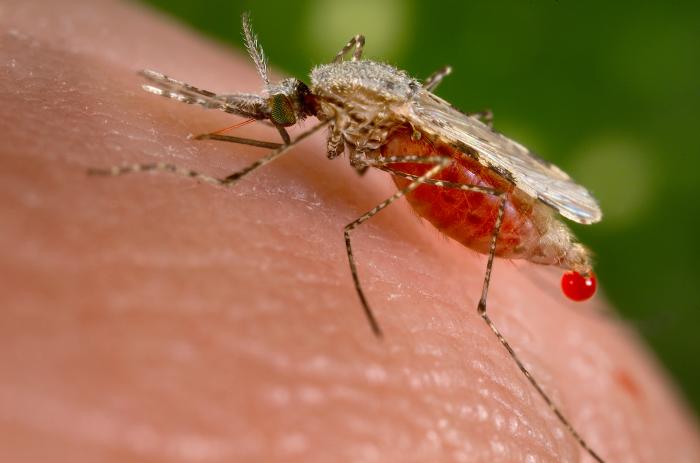
An ID Debate, Pt. 2: Joshua Swamidass and Günter Bechly
Today’s ID the Future concludes a debate over the merits of intelligent design and modern evolutionary theory. Günter Bechly is a distinguished German paleoentomologist who was an atheist and Darwinist but became convinced of theism after he finally decided to read some of the books written by leading ID proponents and found their arguments far stronger than he had been led to believe from second-hand accounts. S. Joshua Swamidass is a computational biologist at Washington University in Saint Louis who says ID may or may not be true in some part of what it affirms, but while he believes in a Creator, he doesn’t find the central arguments of intelligent design proponents logical and cogent. He also is more sanguine than Bechly about modern evolutionary theory, specifically when one looks beyond neo-Darwinism to consider additional evolutionary mechanisms from the extended evolutionary synthesis. Bechly counters that none of these additional proposed mechanisms have demonstrated the ability to generate novel biological functions and form. Neutral evolution has been shown to generate Rube Goldberg complexity, he says, but not fundamentally new biological machinery and functions in the first place. And he says, contra Swamidass, that neo-Darwinism’s joint mechanism of random mutation and natural selection remains a prominent feature of the contemporary scientific landscape, so the ID arguments demonstrating its inadequacy are highly apropos. The two met in a dialogue hosted by Justin Brierley on his Unbelievable? podcast, reposted here with Brierley’s permission.





